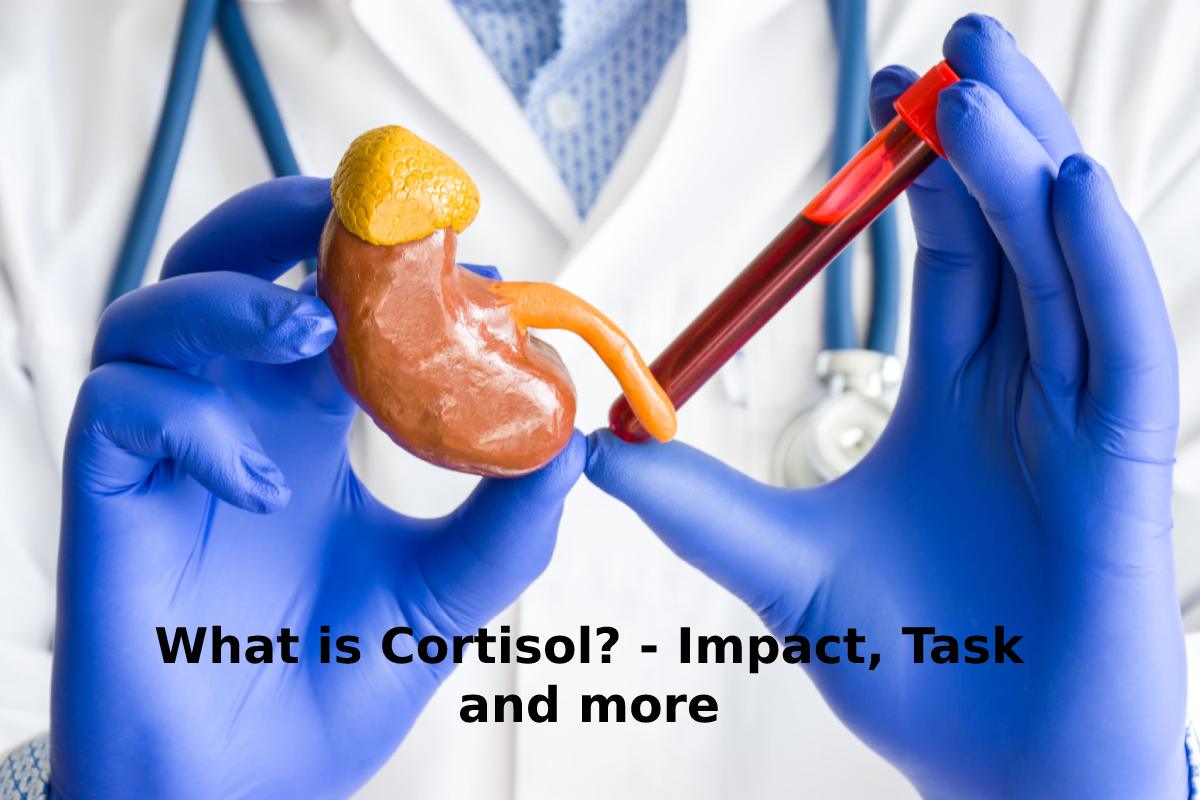Table of Contents
Introduction
Cortisol is a steroid hormone manufactured by the adrenal glands. For example, when the body feels something threatening, such as a large barking dog, a chemical called adrenocorticotropic hormone (ACTH) is released into the brain. This causes the adrenal glands to release it and adrenaline.
Cortisol is the primary hormone in fighting, escaping, or blocking stress. This is a normal and protective reaction to perceived threats or dangers. In addition, high levels of cortisol lead to an explosion of new energy and vitality.
- Regulation of blood pressure
- glucose metabolism
- immune function
- inflammatory reaction
- insulin discharge
The adrenal glands release cortisol in answer to pressure or fear as part of the body’s fight or flight response. When faced with a threat in your environment, your body undergoes a series of almost instantaneous reactions that prepare it to stay put and deal with the problem of leakage to safety.
A brain arrangement known as the amygdala alerts the hypothalamus, which then signals various responses, including the release of hormones such as adrenaline and cortisol.
Cortisol Impact
Cortisol levels naturally fluctuate at different times of the day. For example, it usually is present in the body at higher levels in the morning and lower levels at night. The cycle repeats daily.
It levels can also fluctuate depending on what a person is going through. For example, although stress is not the only reason it is secreted into the bloodstream, it has been called the “stress hormone” because it is secreted at higher levels during the body’s response to stress and is responsible for various stress-related changes in the body.
Small increases in cortisol have constructive things:
- A Quick burst Of Energy For Survival Details
- Increased Vigilance
- A Burst Of Increased Immunity
- It helps maintain homeostasis in the body
Some people experience a more enormous cortisol spike than others when stressed. It’s also possible to minimize the cortisol you secrete in response to stressors. Stress management techniques can control how you feel under stress and possibly reduce it levels in your body.
Also Read: What is Emdr Therapy, And How Does it help?
Tips To Control Cortisol

The body’s relaxation response must kick in after the fight or flight response to keep cortisol levels healthy and in check. You can learn to decrease your body with various stress organizations.
Techniques and you can make lifestyle changes to prevent your body from reacting to stress in the first place.
Many have found the following to be very helpful in relaxing the body and mind, helping the body maintain healthy cortisol levels:
- Breathing exercises
- Exercise
- Guided images
- Login
- Listen To music
- Meditation
- Self-hypnosis
- Sex
- Yoga
Learning more about stress and resources to help you manage it can help you develop habits that help you cope with stress once your stress response is triggered.
Task of Cortisol
Unfortunately, it is not always conceivable to control cortisol levels. Other possible problems:
Cortisol secretion varies from individual to individual. This is because people are biologically “wired” and respond differently to stress. In the same situation, one person may secrete higher it levels than another. And this learning can change at changing times in a person’s life.
Studies have also shown that people who hide higher levels in response to stress are more likely to eat carbohydrate-rich foods than those who secrete less cortisol.
People with hopelessness may also have high levels of it in their bloodstream. Stress management techniques that help lower these levels can be an essential coping tool for people with symptoms of depression.
It is a crucial and valuable part of the body’s response to stress. Still, activating the body’s relaxation response is essential to return to normal after a tense occasion. Appropriately, in our current high-stress culture, the body’s stress answer is so frequent that the body does not always have the opportunity to return to normal, resulting in chronic stress.
Feel free to consult your doctor if you have problems coping with stress or if you are showing signs of chronic hyper cortisol.
Also Read: 6 Tips to Have Smoother Skin Naturally

